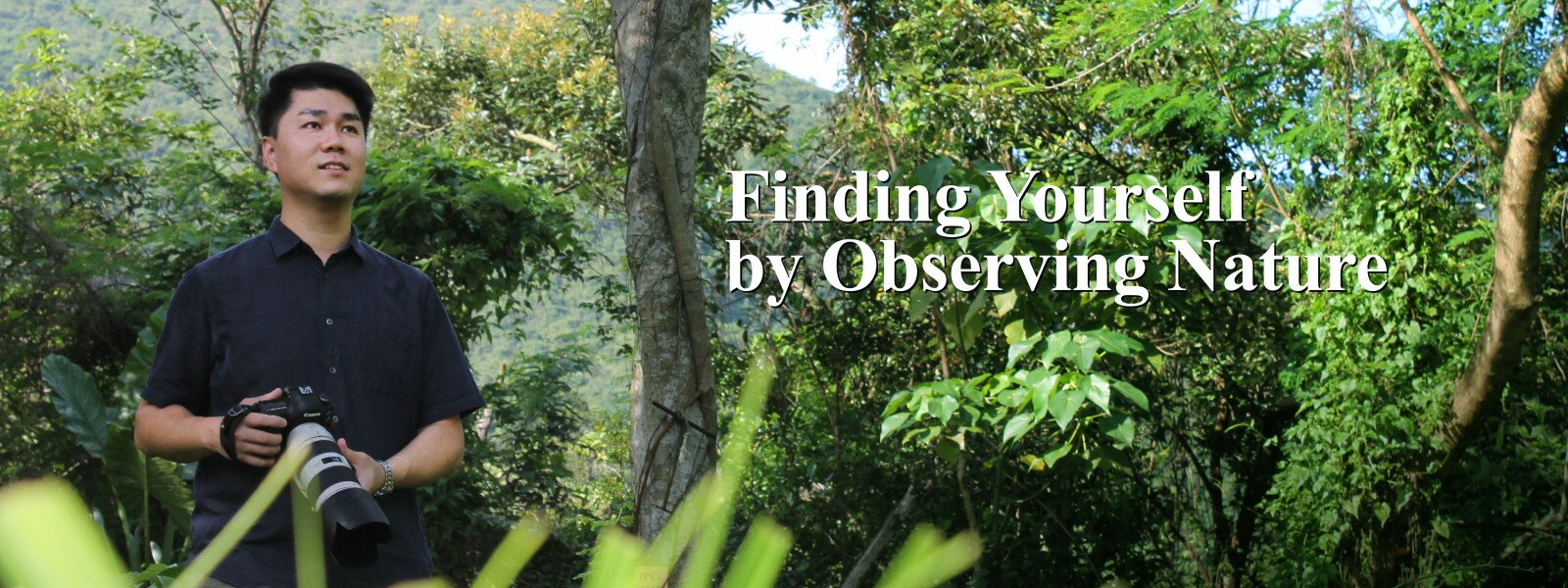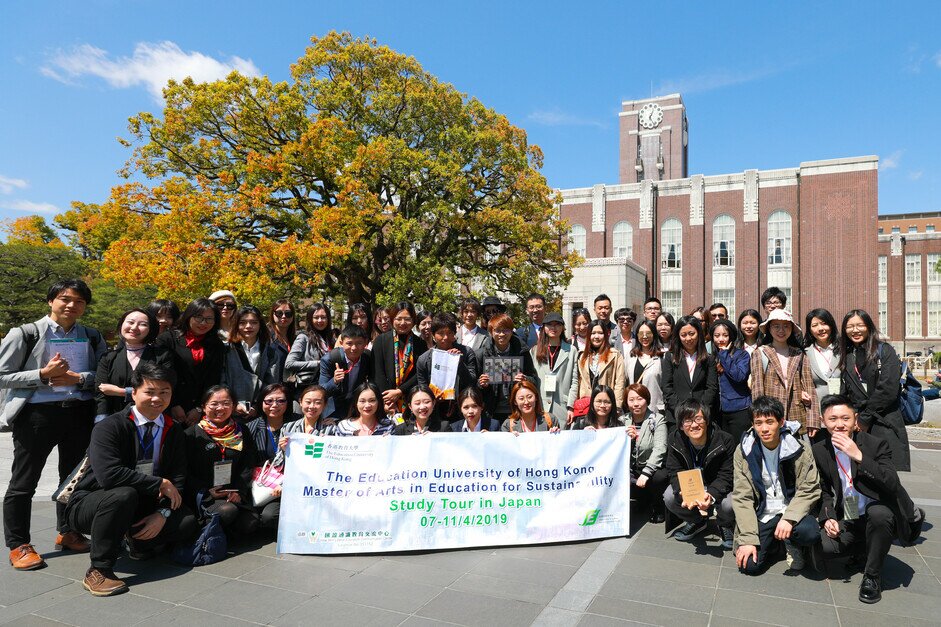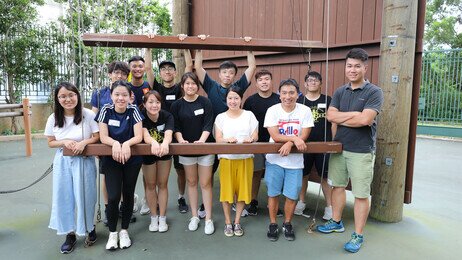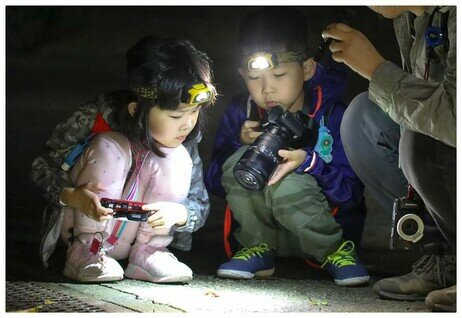Finding Yourself by Observing Nature – An interview with Dr Li Wai-chin

The research areas of Dr Li Wai-chin, Associate Professor at the Department of Science and Environmental Studies, The Education University of Hong Kong (EdUHK) are mainly focused on soil microbiology, plant physiology and root anatomy, soil heavy metal pollution and remediation. His passion for and curiosity about nature started from a lecture on plant diversity in his first year at university. After that, he applied the theory into the context of real life, and gradually discovered the happiness of observing the natural environment, including plants, trees, birds, creatures, insects and fish.
“I’m so amazed to see little plants or giant trees. They find ways to survive no matter how bad the environment is, while also benefiting nature and humans. I can feel the magic and beauty of Mother Nature – humans have little relevance in contrast. We can learn different survival skills and values, such as endurance and patience,” said Dr Li.
Since joining the University in 2012, Dr Li has been studying the problems of pollutant accumulation in rice and human health risk assessment associated with environmental toxins, i.e. heavy metal. As rice is an important staple food for more than half of the population, the excessive accumulation of heavy metal in soil exerts significant toxicities affecting food quality and people’s health. “Nature and humans are closely related: nature provides us with some major ecological services, such as water, air, food, nutrition and natural resources. But in return humans continue to destroy the environment for the sake of economic development, and eventually eat their own bitter fruits.” Dr Li explained.
As a programme leader of the Master of Arts in Education for Sustainability and a warden of student quarters, Dr Li thinks that university life should be filled with great learning opportunities. He is like a walking encyclopedia of nature, and lives it by organising many outdoor activities and field trips for colleagues and students, alumni and friends to explore. He has also arranged regular academic exchanges and ecological surveys with university staff and students from Hong Kong and mainland China.
Dr Li and members of the University community recorded over 1,270 observations of 380 species of plants, insects, birds, fungi and amphibians etc. in the worldwide City Nature Challenge 2019, which perfectly reflects the EdUHK campus’s rich biodiversity. Dr Li stressed that the students must treasure its unique ecological variety, and resourceful learning and teaching environment.
Photo Gallery
Download all images






